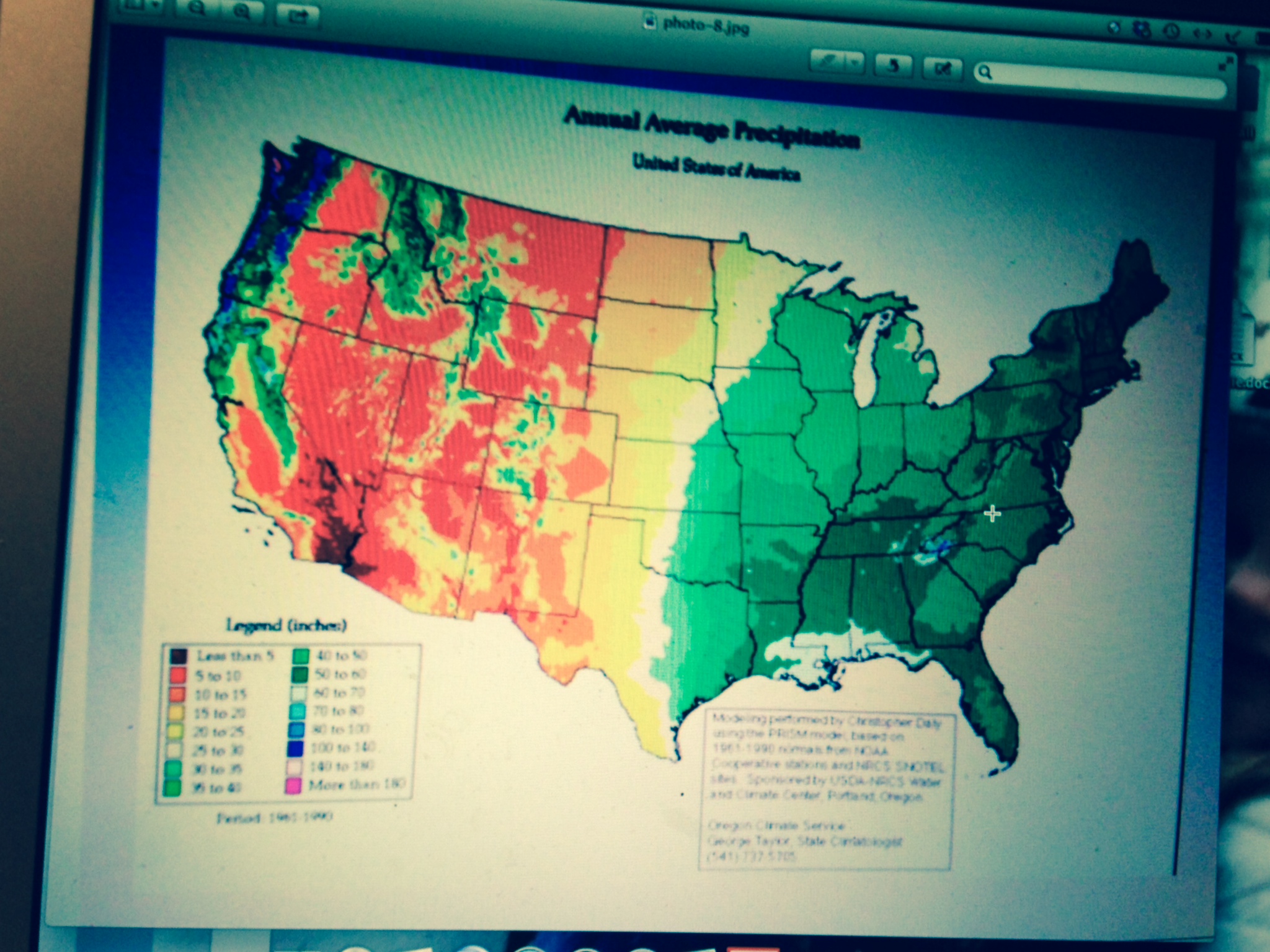Words Matter
American politics has always been rough, far more so in the early days of the Republic, when Congressmen routinely carried guns to work and often threatened to use them. Open violence reached its zenith in 1856 with Congressman Preston Brooks’ near-fatal caning of Charles Sumner on the Senate floor, a beating from which Sumner never fully recovered. Still, it’s been a while since a candidate felt he could reach for a gun and, at least rhetorically, threaten the president, as Todd Staples did in his “Come and Take It” ad during his campaign for lieutenant governor of Texas. But then, we’ve never had a black president before. Bigotry is rarely on overt appeal in the increasingly personal attacks on President Obama, but as a friend of mine, who is also a judge, said, “you don’t have to scratch very deep” before you get to the issue of race. Similarly, historians long denied that slavery was the cause of the Civil War, pointing to all kinds of other explanations – from Northern industrial expansion to the South’s embrace of a pastoral way of life to the preservation of the union – in an effort to refute the importance of race in the most critical event in our history. But it’s hard to imagine the war without slavery or to overstate the role of brutal language and imagery in any discussion of race in America. I believe absolutely in free speech, but I find the escalation of violent rhetoric a deeply worrisome thing.
